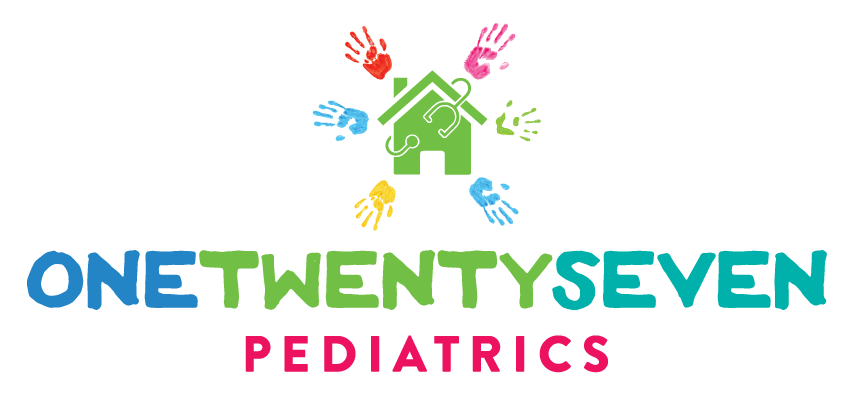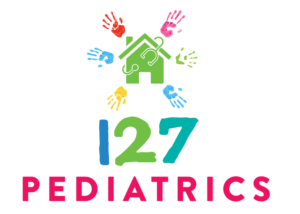Constipation is a frequently discussed topic in every pediatrician’s office. Parents often want to know if childhood constipation is preventable? We, pediatricians, are well versed in all things involving your child’s poop. Lack of regular bowel movements is something that can occur at any age or stage of development. Let’s take a look at why it is so common.
Prevention of Constipation is the Best Medicine
The cornerstone of good medicine is prevention. Keeping a problem from occurring is often easier than treating it. Childhood constipation is no different. To keep childhood constipation preventable, it starts early in life with good dietary habits. Breast-fed babies rarely have constipation because there are many biological components that help move the stool through the gut. As any breastfeeding momma will tell you, sometimes it moves through in an explosive manner. Babies also use breast milk efficiently and as they grow, they often stool one or twice a week. As long as their stool is soft and easy to pass, this is not constipation.
Fruits and Veggies Keep Things Moving
Another transition point where prevention is important occurs during the process of introducing solid foods. Babies who had never had the issue of constipation previously may experience the problem as you add to their diet. Concentrate on introducing fruits and vegetables early as it will help make the transition easier. Often pediatricians recommend adding in baby cereal early because it is an easy way to get much-needed iron into your baby’s diet. Unfortunately, it can lead to constipation for certain kids. If you find this to be true for your baby, you can substitute other iron-rich foods for cereal.
The Ugly Side of Potty Training
Potty training is the next major milestone that carries with it the risk for constipation. Fear of stooling in the toilet and/or punitive potty training techniques can contribute to the problem. As a parent, training a child to use the toilet can be a daunting task. Try your very best to make it a positive experience for your child and wait for cues to know when they are ready to accomplish this important task. Forcing them to do something that they are not ready for often leads to frustrating problems for the whole family. Withholding stool and constipation can be just such a problem and leads to a vicious cycle that is hard to overcome.
So, Is Childhood Constipation Preventable?
An important thing to remember about constipation is that > 95% of the time, it is a functional problem. This means that it very rarely has a specific biological cause. If your child did not pass their first stool in the first 24-48 hours of their life or have had constipation since they were less than 1 month old, there is much more likely a biological cause that needs to be treated. Other diseases such as celiac disease, hypothyroidism, and any neuromuscular problems are also conditions that can lead to constipation that won’t respond to simple prevention techniques.
Establishing good habits during major transitional developmental milestones can lead to good bowel health as your children grow. But, as is the case with most things when it comes to raising children, you can do everything correctly and your child may still struggle with constipation. You can read more about how to treat constipation here.

© 127 Pediatrics, 2019, all rights reserved. 33 Main Street, Suite 160, Colleyville, TX 76034


